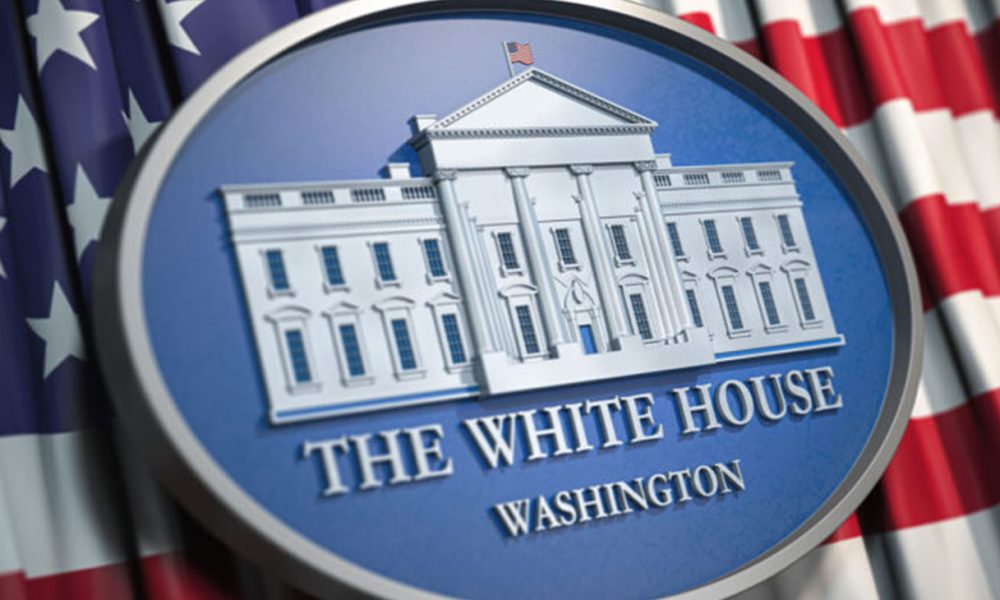
By Stacy M. Brown
NNPA Newswire Senior National Correspondent
@StacyBrownMedia
The new White House under President Donald Trump has intensified its implementation of Project 2025, a sweeping initiative that has already raised concerns across numerous sectors. Trump’s latest policy is a “blackout” order for federal health agencies. The order prohibits all the agencies from publishing external communications, including scientific reports, health advisories, and updates to public-facing websites. Agencies such as the Centers for Disease Control and Prevention (CDC), the Food and Drug Administration (FDA), the National Institutes of Health (NIH), and the Department of Health and Human Services (HHS) are now restricted from sharing critical information with the public. The action arrives as public health experts continue to warn about ongoing and emerging health concerns like the rapid spread of bird flu.
Blackout’s Scope and Exceptions
CNN reported that a memo that followed Trump’s edict clarified that the blackout would remain in effect through February 1, prohibiting public speaking engagements and communications with lawmakers. While urgent communications—such as recall notices or those mandated by law—are exempt, they require notification to higher-ups for approval. Critics have railed against them, noting that it could significantly delay the dissemination of vital health information.
Bird Flu Outbreak Raises the Stakes
The timing of the communications freeze coincides with the increased spread of bird flu. The virus, which has devastated the poultry industry and has been detected in livestock, has also led to reported human cases. Most cases involve farm workers, though instances with unclear origins have been reported. Although the CDC maintains that the risk of human-to-human transmission remains low, the agency recently advised hospitals to accelerate testing for bird flu, urging influenza A subtype testing within hours of patient admission. A communications blackout could halt such advisories, potentially leaving healthcare professionals and the public uninformed about emerging risks.
Controversial Nomination for HHS Secretary
The blackout also comes as the Senate deliberates on President Trump’s nominee for HHS Secretary, Robert F. Kennedy Jr., whose controversial views on vaccines and public health have drawn bipartisan criticism. Senate Minority Leader Mitch McConnell, a polio survivor, has condemned efforts by a Kennedy-affiliated lawyer to revoke approval of the polio vaccine. Meanwhile, a group aligned with former Vice President Mike Pence ran ads urging Republican senators to block Kennedy’s confirmation. Despite the criticism, Kennedy has garnered support from some Republican senators, including Ron Johnson of Wisconsin and John Cornyn of Texas. These senators have backed elements of his platform, such as his push to reduce harmful ingredients in processed foods.
Experts Warn of Dangerous Consequences
Health experts and consumer advocates have sounded the alarm over the potential consequences of the blackout. Dr. Peter Lurie, president of the Center for Science in the Public Interest, emphasized that Americans rely on timely information from the CDC and FDA to address foodborne illnesses and other public health issues. “When it comes to stopping outbreaks, every second counts,” Lurie said. “Confusion around the vaguely worded gag order is likely to lead to unnecessary delay in publishing urgent public alerts during active outbreaks.”
Dr. Jeffrey Klausner, a public health expert at the University of Southern California, echoed these concerns, warning that the blackout undermines the core functions of public health. “Local health officials and doctors depend on the CDC to get disease updates, timely prevention, testing and treatment guidelines, and information about outbreaks,” Klausner wrote. “Shutting down public health communication stops a basic function of public health. Imagine if the government turned off fire sirens or other warning systems.” Tennessee pharmacist Gail Dow highlighted the potential impact on healthcare providers. “Believe it or not, physicians and pharmacists around the nation log onto those sites to help save patients’ lives,” she wrote on X.
A Dangerous Precedent?
While pauses in agency communication are not uncommon during transitions of power, Dr. Ali Khan, a former CDC outbreak investigator and now dean of the University of Nebraska’s public health college, noted the broader implications. “The only concern would be if this is a prelude to going back to a prior approach of silencing the agencies around a political narrative,” Khan said. The implications for blackouts have left health professionals, lawmakers, and the public deeply concerned about the potential risks of a delayed response to public health emergencies. As the Senate remains gridlocked on Kennedy’s confirmation, the impact of this policy could reverberate far beyond February 1. “Let us hope that you or anyone you love doesn’t need any information that we obtain from those medical organizations,” Dow wrote.
Post Views: 100

